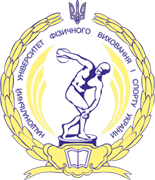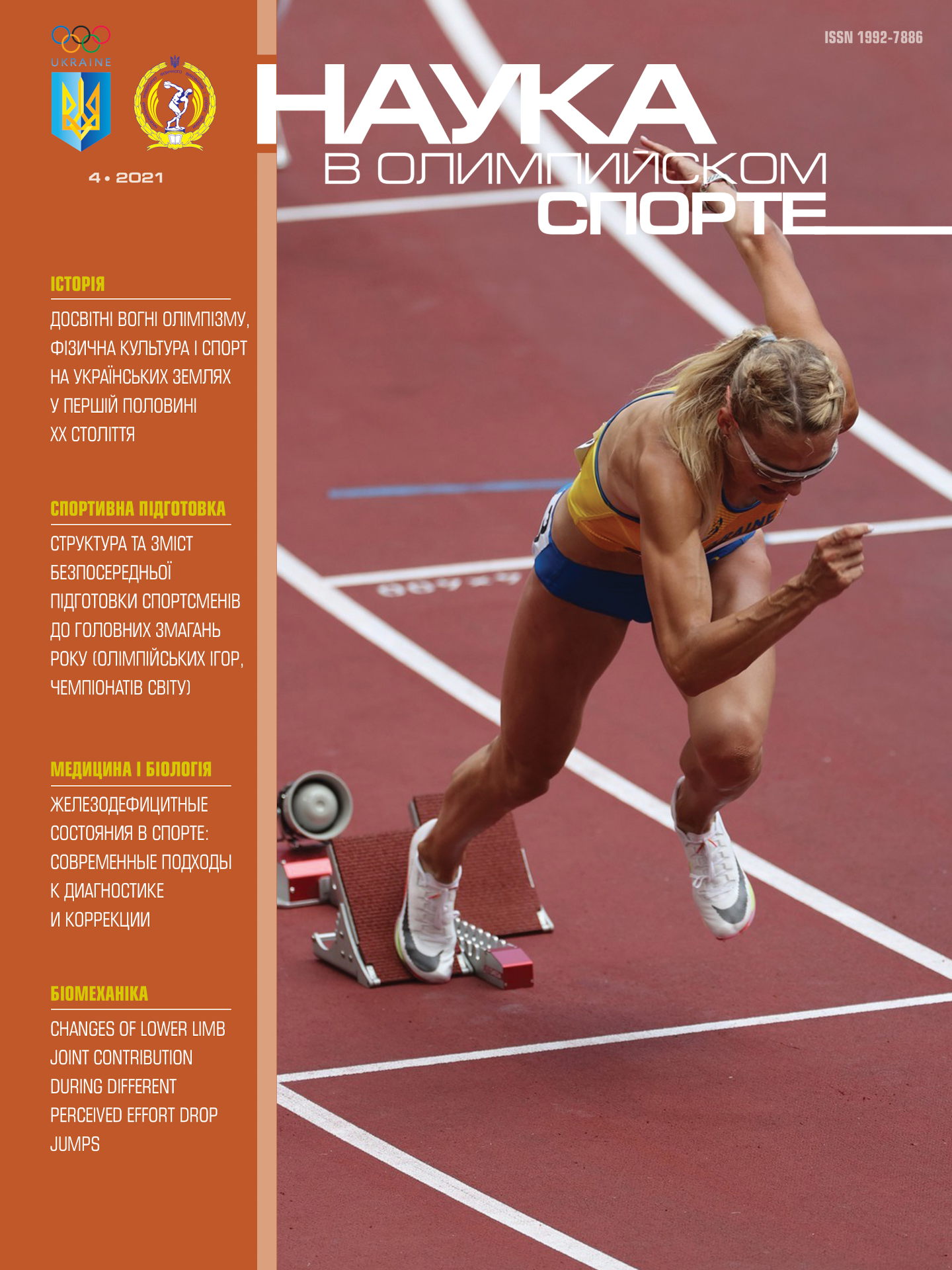Abstract:
Objective. To generalize the factors that ensure the success of the national teams of Great Britain at the Olympic Games.
Methods. Analysis and generalization of scientifi c and empirical data relevant to the main constituents of the UK athlete preparation system for the Olympic Games over the past two decades.
Results. For over forty years (from 1952 to 1992), the national team of Great Britain has been on the brink of the fi rst and second tenths in an unoffi cial team classifi cation at the Olympic Games due to the lack of a clear system of elite sport development, chaotic preparation for the Olympic Games, ignoring the development of reserve sport and the signifi cance of achievements in the Olympic arena by the society, the lack of a body capable of uniting and coordinating participation in the eff ective Olympic training of various structures whose activities are related to elite sport. At the core of activity reorganization in the sphere of elite sport during 1996-1999 was the creation of the "Sport of Great Britain" organization, which provided the formation of a methodology and specifi c programs for the development of elite sport and the preparation of British athletes for the Olympic Games. Since the preparation for the XXX London Olympic Games of 2012, a special "Mission-2012" program has been implemented. It was focused on fi nding talented athletes capable of winning medals and creating all the necessary conditions for their proper preparation; the eff ectiveness of the training system, its scientifi c and medical support; the presence of training centers that meet the highest standards of training, accommodation, nutrition, medical and scientifi c support, etc., located in areas with favorable climatic and ecological conditions; the fi nancial support of athletes able to win Olympic awards; preparation of the world-class coaches. As a result of these projects, Great Britain won the third team place in an informal team classifi cation in 2012; in 2016 it became the fi rst country which exceeded its achievements at the XXXI Olympics, shown in the Games of the XXX Olympiad, and one of the two countries (together with Azerbaijan), whose national teams increased the number of gained medals during the fi ve Olympic Games in a row.
Conclusions. The British team's success at the XXXI Olympics Games determines the systematic use of the following factors: the creation of a nation-wide organization "Sport of Great Britain", which united highly skilled specialists in order to formulate the policy in elite sport sphere, distribution of fi nancial resources, development of sports infrastructure, strengthening of international activity in the country and abroad; implementation of a special program on the formation of a system for the preparation of competitive athletes; early identifi cation and care of talented youth; solution of social problems of athletes; usage of modern technologies and results of scientifi c researches; availability of modern training centers with a full range of services and conditions for training in accordance with the world's leading standards; high level of training and retraining of coaches; provision of high-quality scientifi c and medical services; combination of accessibility and priority of athlete fi nancial support programs.













